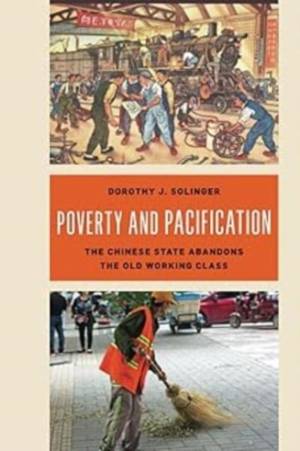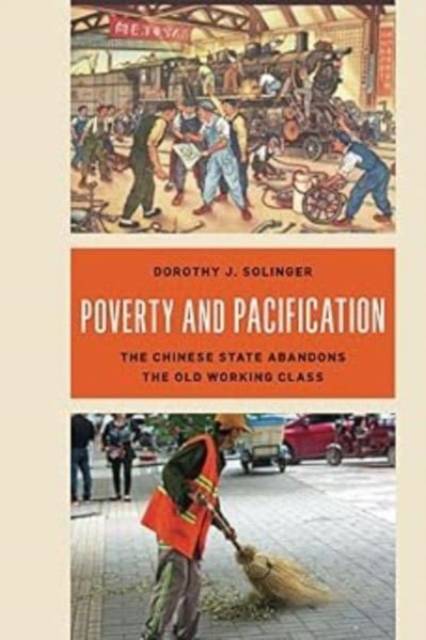
- Afhalen na 1 uur in een winkel met voorraad
- Gratis thuislevering in België vanaf € 30
- Ruim aanbod met 7 miljoen producten
- Afhalen na 1 uur in een winkel met voorraad
- Gratis thuislevering in België vanaf € 30
- Ruim aanbod met 7 miljoen producten
Zoeken
Poverty and Pacification
The Chinese State Abandons the Old Working Class
Dorothy J Solinger
Paperback | Engels
€ 76,45
+ 152 punten
Uitvoering
Omschrijving
This groundbreaking book explores China's Minimum Livelihood Guarantee program, which was extended in the hopes of quieting the protests of millions of laid-off workers. Solinger replays the duet that unfolded between the state and the ranks of the proletariat and documents the progressively more silent drama as workers have struggled to survive.
Specificaties
Betrokkenen
- Auteur(s):
- Uitgeverij:
Inhoud
- Aantal bladzijden:
- 332
- Taal:
- Engels
Eigenschappen
- Productcode (EAN):
- 9781538188132
- Verschijningsdatum:
- 15/08/2023
- Uitvoering:
- Paperback
- Formaat:
- Trade paperback (VS)
- Afmetingen:
- 152 mm x 229 mm
- Gewicht:
- 444 g

Alleen bij Standaard Boekhandel
+ 152 punten op je klantenkaart van Standaard Boekhandel
Beoordelingen
We publiceren alleen reviews die voldoen aan de voorwaarden voor reviews. Bekijk onze voorwaarden voor reviews.







